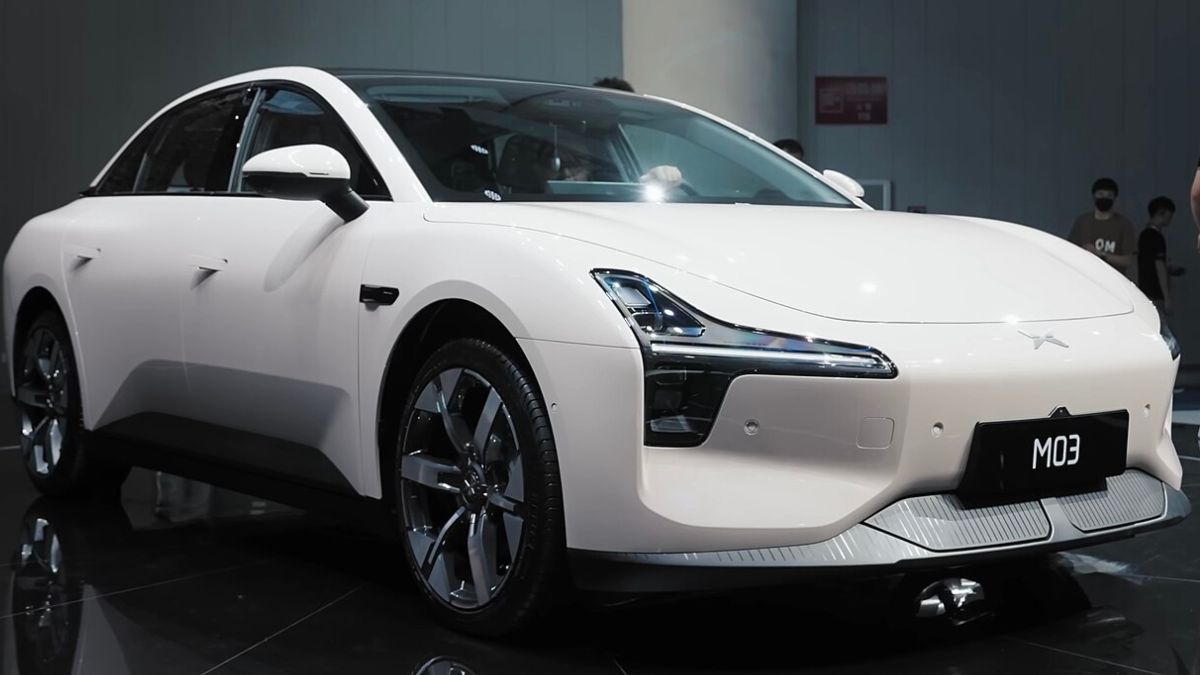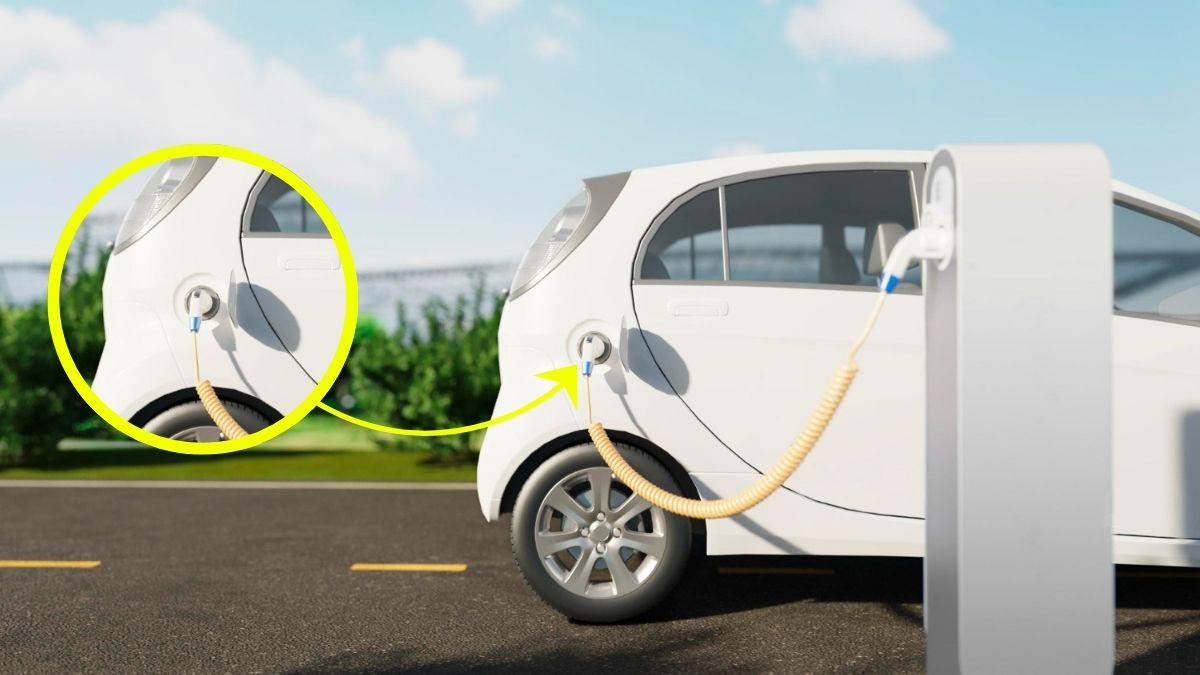Chinese electric car brands are quickly gaining popularity around the world, giving tough competition to well-known car makers. They’re now offering exciting options to buyers in countries like the US, Canada, Europe, and Australia.
These companies used to focus mostly on the Chinese market, but now they’re expanding globally with big plans. They’re bringing advanced technology, affordable prices, and a wide range of models — making electric cars more accessible to everyone.
| Brand | Popular Models | Price Range (Approx.) | Range per Charge (Approx.) | Key Features | |||||
| BYD | Atto 3, Dolphin, Seal | $20,000 – $45,000 | 190 – 350 miles | Blade Battery tech, ADAS, fast charging, affordable pricing | |||||
| Geely (Zeekr, Lynk & Co) | Zeekr 001, Zeekr 009, Lynk & Co 01 | $35,000 – $70,000 | 300 – 435 miles | Premium interiors, advanced tech, multi-energy options | |||||
| SAIC (MG) | MG ZS EV, MG4 | $28,000 – $40,000 | 200 – 280 miles | Affordable, practical, simple tech, MG iSMART infotainment | |||||
| NIO | ET5, ET7, ES6 (EL6), ES8 (EL8) | $50,000 – $80,000 | 260 – 435 miles | Battery swapping, NIO Houses, luxury feel, advanced ADAS | |||||
| Xpeng | P7, G9, G6 | $35,000 – $55,000 | 280 – 355 miles | ADAS, autonomous driving features, OTA updates | |||||
1. BYD (Build Your Dreams)

BYD is the leading Chinese electric car brand and one of the biggest EV makers in the world. The company started with battery technology and then grew into a major car manufacturer, producing a wide range of electric and plug-in hybrid vehicles. To grow internationally, BYD uses direct sales and partners with local companies. They also set up factories in different countries to avoid high import costs and speed up deliveries.
In Europe, BYD has launched popular models like the Atto 3 (called Yuan Plus in China), Dolphin, and Seal. The Atto 3, a compact SUV, is doing especially well in Australia and parts of Europe. The Dolphin is a smaller, affordable hatchback perfect for first-time EV buyers, while the Seal sedan is designed to compete with the Tesla Model 3.
BYD is also expanding its production with new factories, including one in Brazil that will increase output by July 2025. The company’s Blade Battery technology, known for being safe and long-lasting, is a big selling point. Plus, BYD plans to bring its ultra-fast 1,000 kW charging stations to countries like the UK, making EV charging even faster.
2. Geely Auto Group

Geely is a big name in the car world and owns several well-known brands like Volvo, Polestar, Lotus, and Smart. This gives Geely a huge advantage, as they can use global research, technology, and manufacturing to improve their vehicles. Under its own Geely Auto brand, along with EV-focused brands like Zeekr and Lynk & Co, Geely is making strong moves in the global electric car market.
Geely’s global expansion is going well, with models like the Geely EX5 and various cars from Lynk & Co and Zeekr reaching Europe and other regions. Zeekr is positioned as Geely’s premium EV brand, and its models like the Zeekr 001 and Zeekr 009 are getting noticed for their sleek design, great performance, and advanced features.
Geely also has operations in countries like Australia, Indonesia, and Mexico, and is growing its presence in Brazil, Poland, the UK, and Italy. They follow a “multi-energy strategy,” meaning they offer not just electric cars but also plug-in hybrids — giving customers more choices based on their needs.
3. SAIC Motor

SAIC Motor is one of China’s biggest carmakers and has a long history of working with global brands like Volkswagen and General Motors. These partnerships have helped SAIC understand international standards and what customers around the world want in a car. Their main electric vehicle brand for global markets is MG, which originally came from the UK and is now known for making affordable, feature-packed electric cars.
One of their most popular models is the MG ZS EV, a compact electric SUV that’s done really well in Europe and Australia thanks to its practicality, good range, and reasonable price. Another hit is the MG4, a sporty electric hatchback that’s popular for its fun driving experience and stylish design.
SAIC is pushing its “Glocal 3.0” strategy, which means creating new models for global markets, including SUVs, sedans, and MPVs with hybrid or fully electric powertrains. They have research centers in London, Silicon Valley, and Tel Aviv, and factories in Thailand, Indonesia, India, and Pakistan — showing their serious commitment to growing worldwide.
4. NIO

NIO is a premium electric car brand from China, often called the “Tesla of China” because of its high-tech features and smart designs. What makes NIO really stand out is its “battery swapping technology”. Instead of waiting to recharge, drivers can simply swap their empty battery for a fully charged one in just a few minutes — a fast and easy fix for range anxiety.
NIO is expanding quickly in Europe, already selling cars in countries like Norway, Germany, the Netherlands, Sweden, and Denmark. By 2025 and 2026, they plan to enter seven more European markets, including Austria, Belgium, and Poland, often by partnering with local distributors.
NIO’s car lineup includes stylish sedans like the ET5 and ET7, and SUVs like the ES6 (called EL6 in Europe) and ES8 (EL8 in Europe). NIO also offers a premium customer experience with their NIO Houses — special spaces for customers — and top-notch service, all designed to bring their success in China to the rest of the world.
5. Xpeng

Xpeng is a well-known Chinese EV brand that focuses heavily on advanced technology, especially in self-driving features and smart car interiors. Their cars come with high-tech driver assistance systems (ADAS) and modern infotainment setups that make the driving experience smarter and more enjoyable. Xpeng has expanded to several European countries, including Norway, Sweden, Denmark, and the Netherlands.
Their popular models include the Xpeng P7, a sleek sedan competing with the Tesla Model 3, and the G9, a larger premium SUV. Recently, they launched the Xpeng G6, a stylish coupe SUV that is leading their entry into new markets like the UK, especially in the family-friendly EV segment.
Xpeng also provides regular over-the-air (OTA) software updates, keeping their cars up-to-date with the latest features. They are planning to expand even more globally, with the X9 MPV expected to launch internationally. Xpeng’s goal is to become one of the top Chinese premium EV brands around the world.
These five brands are at the forefront of China’s electric car industry, showing off impressive technology, smart business strategies, and a strong understanding of what global customers want. As they continue to expand into top markets like the US, Europe, and Australia, they’re set to change the future of the car industry in a big way.

